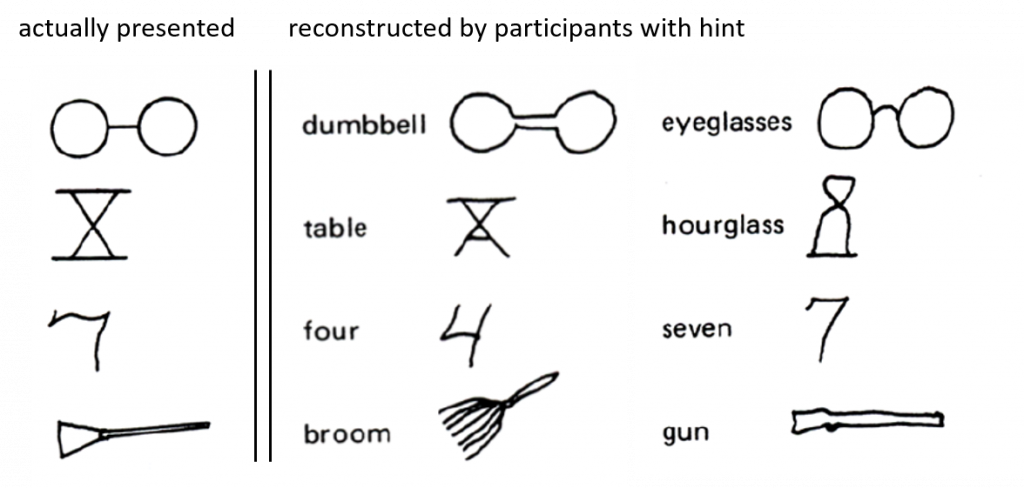This post is also available in Dutch.
What do you remember of your last summer holiday? Wonderful sunshine, amazing food, and breathtaking sceneries? You probably already forgot the tiring flight you took or the never-ending airport queues. The only things left are the nice pictures on your phone or on social media that received a lot of likes and the funny anecdotes you constantly share with your friends after returning. Now ask yourself, how real are your trip memories?
Expecting your holidays is the solid source of trip happiness
What is the happiest thing about your trip? You could make a long list of imaginary highlight moments, picturing yourselves at the beach and drinking coconut water. However, the most blissful moments might be now, the time when you are planning. Researchers investigated the relationship between vacations and happiness in 1530 Dutch volunteers. Surprisingly, there were no differences between non-vacationers and vacationers regarding post-trip happiness. The highest degree of happiness was reported in people who were about to take the trip. Anticipating your happy moments makes you happier than actually experiencing it.
What you remember might be different from what you experienced
It does not take a sci-fi technique to re-write memories; humans can do it themselves. In a previous study, human volunteers were asked to observe a list of abstract images and draw what they saw. Interestingly, the results were influenced by experimenters’ verbal hint. For example, when the word “eyeglasses” was presented as a hint, participants were more likely to reproduce the hinted object instead of what was actually presented. It is clear that memories were biased by semantic comprehension and became more meaningful.

Experience gets better with time
Not only can we rewrite our memories, we also tend to improve the quality of our experiences with time. This is because emotional well-being increases with age and so even if we had some bad experiences in the past, as we grow older, we become more able to enjoy what is happening to us. Remember how, in retrospect, you were able to laugh about yourself tripping over stones or your dinner being stolen by seagulls? At the time, you thought they were disasters and bummers to the trip, but later these unpleasant memories became funny stories you share with your friends.
Author: Ping Chen
Buddy: Martina Arenella
Editor: Marisha Manahova
Translation: Felix Klaassen
Editor translation: Ellen Lommerse
Cover image credit to Upgraded Points from Unsplash
